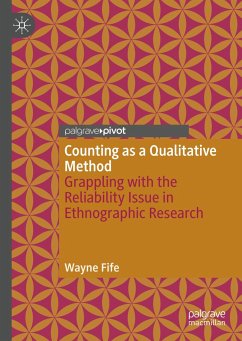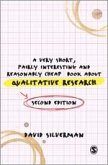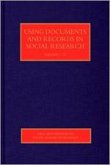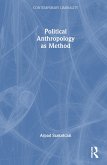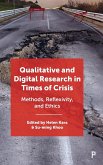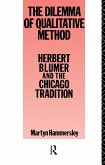This book aims to explore counting as an often-overlooked research tool for qualitative projects. Building off of a research method invented by the author in 1986 called counting schedules, this volume provides instruction on how to use counting not only to enhance fieldwork results, but also as a form of analysis for extant field notes, interview results, self-reporting diaries or essays, primary archival material, secondary historical texts, government sources, and other documents and narratives, including fictional work. The author buttresses his discussion of counting schedules with extensive examples from previous fieldwork and research experiences, drawing on three decades of anthropological experience in Canada and the Pacific Islands. Counting as a Qualitative Method provides ethnographic researchers with the answer to the number-one question asked by qualitative and non-qualitative researchers alike: How can a qualitative researcher know his or her results are reliable?
Bitte wählen Sie Ihr Anliegen aus.
Rechnungen
Retourenschein anfordern
Bestellstatus
Storno

